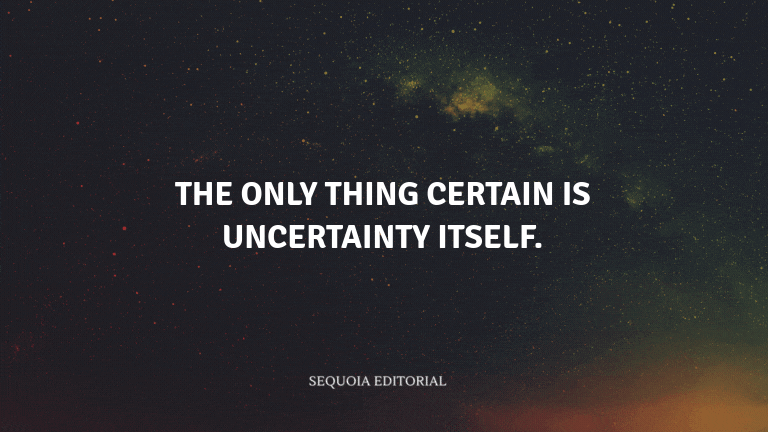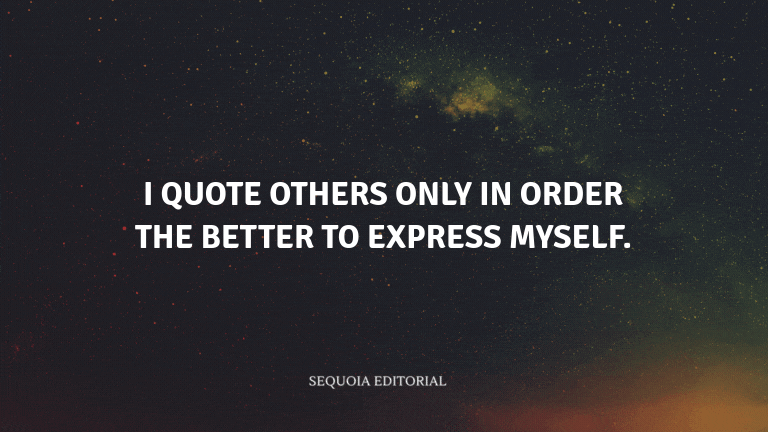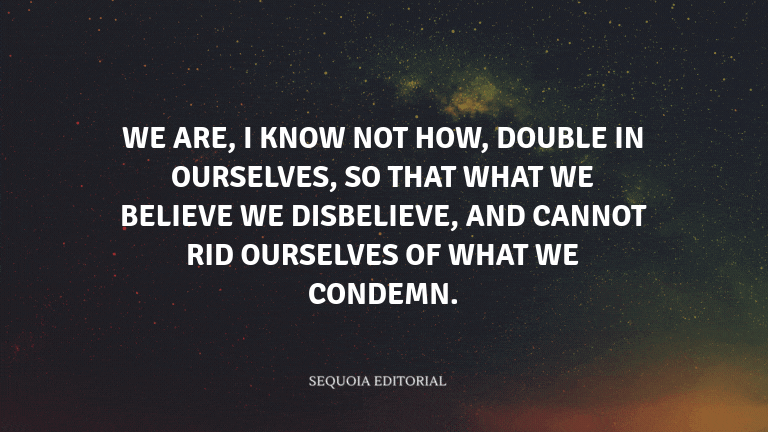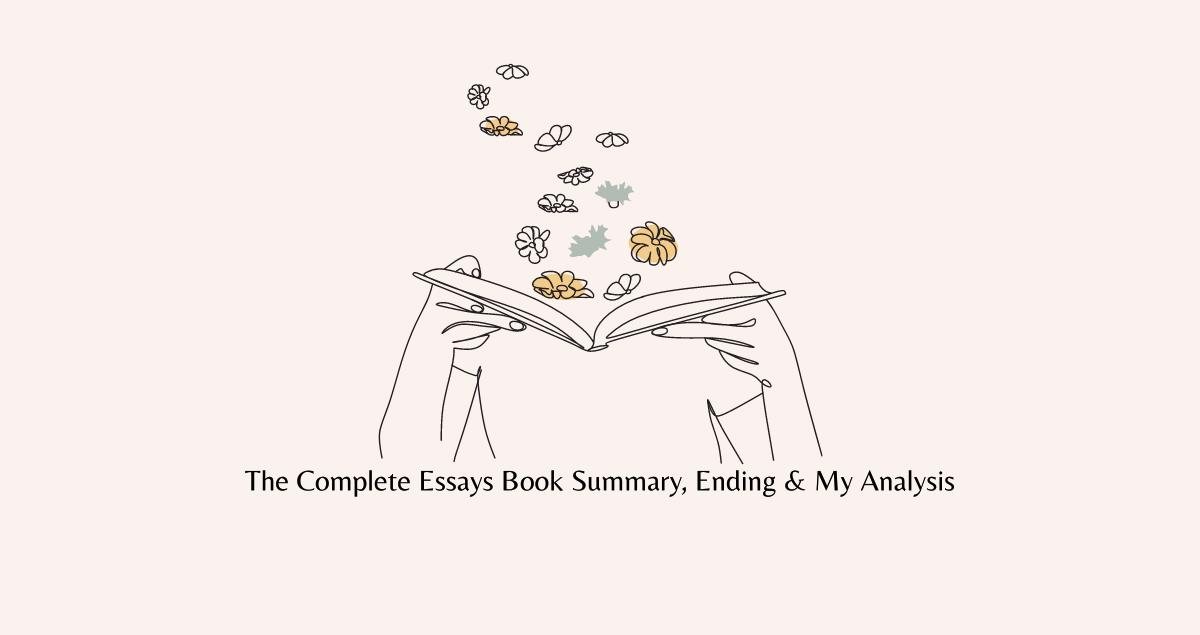The Complete Essays is about the musings and reflections of the French Renaissance thinker Michel de Montaigne. This collection of 107 essays covers a wide range of topics, offering profound insights into human nature, politics, and the complexities of existence. Montaigne's writing is marked by its wit, wisdom, and the author's relentless pursuit of self-knowledge.
Table of Content
The Complete Essays Book Summary
Michel de Montaigne's The Complete Essays is a profound exploration of the human condition. Through his masterful and introspective essays, Montaigne delves into a wide array of themes, from the mundane to the philosophical, with a unique blend of skepticism and curiosity.
In his essay 'Of Repentance', Montaigne reflects on the nature of regret and the futility of attempting to rectify the past. He argues that true repentance lies in changing one's behavior going forward, not in dwelling on past mistakes.
"Of Friendship" extols the virtues of companionship, with Montaigne asserting that a true friend is one who mirrors your own soul. He highlights the rarity of such friendships and the value they hold in a person's life.
"Of Cannibals" offers an insightful comparison between the Europeans and the indigenous peoples of the Americas, with Montaigne suggesting that the so-called 'savage' societies may possess a superior moral and ethical framework.
"Of Experience" examines the role and value of personal experience in shaping one's understanding of the world. Montaigne argues that experience should be the bedrock of knowledge, as it is rooted in tangible reality.
In 'Of Coaches', Montaigne humorously explores the impact of technological progress on society, with a particular focus on the advent of carriages and their effect on travel and human connections.
"Of the Inequality Among Us" delves into the societal constructs of wealth and poverty, challenging the perception of status through a thought-provoking analysis of human needs and the pursuit of happiness.
"Of the Education of Children" is a deeply personal reflection on Montaigne's own experiences with his children and his innovative approach to their education, which emphasizes curiosity and individual development.
"Of Solitude" is a contemplation on the benefits of withdrawing from the world, with Montaigne extolling the virtues of quiet reflection and the ability to examine one's own thoughts in seclusion.
"Of Fear" confronts the ubiquitous human emotion of fear, discussing its origins and impact on decision-making. Montaigne suggests that understanding and confronting fear lead to a life of greater freedom.
"Of Books" encompasses an expansive view of reading and its influence on the human mind. Montaigne advocates for a critical and selective approach to literature, valuing quality over quantity.
"Of Liars" is a witty dissection of the concept of truth and falsehood. Montaigne weaves through the intricate web of lying, revealing its ubiquity and the complex motivations behind it.
"Apology for Raymond Sebond" is Montaigne's defense of the work of a 15th-century theologian. In this extensive essay, Montaigne challenges the certainty of human knowledge and advocates for a more humble and skeptical approach to understanding the world.
In 'Of Experience', Montaigne brings together the themes of his life and work, reflecting on his own aging and the accumulation of wisdom through personal encounters with fortune and misfortune.
"Of Vanity" is a candid exploration of the human desire for recognition and the pursuit of fame. Montaigne confronts his own reputation and the transience of worldly accolades.
"Of the Power of the Imagination" investigates the mind's capacity to shape reality and the influence of the imagination on human perception and emotion.
"Of Custom, and That We Should Not Easily Change a Law Received" digs into the deeply ingrained nature of cultural customs and the resistance to change. Montaigne considers the relative value of tradition and innovation.
"Of Pedantry" is a critique of the rigid educational methods of his time, advocating for a more flexible and personalized approach to learning.
In "The Inconsistency of Our Actions", Montaigne highlights the often contradictory nature of human behavior, examining how external factors shape personal conduct.
"Of Drunkenness" is a spirited and humorous take on the effects of alcohol and the role of moderation in life's pleasures.
"Of the Affection of Fathers for Their Children" is a personal reflection on Montaigne's deep bond with his daughter and the complexities of familial love.
"Of Cruelty" is a somber examination of the human capacity for inflicting suffering, with Montaigne delving into the psychological and moral dimensions of cruelty.
"Of Experience" is a reflective contemplation on the author's own aging and the wisdom that comes with the passing of time.
"Of Giving the Lie" is a brief but sharp rebuke against the act of contradicting someone openly, exposing the underlying harm and insult in such behavior.
"Of Three Commerces or Societies" compares the lifestyle and customs of three different classes of society, offering insights into the advantages and shortcomings of each.
"Of Diversion" explores the necessity of leisure and entertainment in a well-rounded life, emphasizing the value of play and relaxation.
"Of the Battle of Dreux" is a personal account of Montaigne's experiences during the French Wars of Religion, reflecting on the nature of conflict and the impact it has on individuals and societies.
"Of Names" is an examination of the significance and arbitrariness of names, revealing the cultural and personal meanings attached to them.
"Of the Uncertainty of Our Judgment" acknowledges the inherent fallibility of human judgment and the difficulty of arriving at definitive conclusions.
"Of Idleness" is a contemplation on the value of productive work versus the pleasure of idleness, with Montaigne arguing for a balanced approach that encompasses both.
"Of the Inconstancy of Our Actions" reflects on the changeable nature of human behavior and the factors that influence our decisions and character.
"Of Sleep" is a humorous and insightful exploration of the phenomenon of sleep and its effects on the body and mind.
"That Men by Various Ways Arrive at the Same End" is a reflection on the diversity of human paths and the universal pursuit of happiness and contentment.
"Of the Resemblance of Children to Their Fathers" examines the complex interplay of genetics and environment in shaping a person's physical and psychological traits.
"Of the Custom of Wearing Clothes" delves into the origins and symbolic meanings of clothing, as well as the societal norms and taboos associated with dress.
"Of Cato the Younger" is a biographical essay that pays homage to the Roman statesman, depicting his unwavering commitment to principles and his noble death.
"How We Weep and Laugh at the Same Thing" is an examination of the paradoxical nature of human emotions and the duality of experience that defines our lives.
"Of Patience" is a meditation on the virtue of patience and its role in overcoming life's adversities and challenges.
"Of Moderation" advocates for a balanced and measured approach in all aspects of life, avoiding the pitfalls of excess and deficiency.
"Of the Roman Grandeur" explores the rise and fall of the Roman Empire, drawing lessons from history about the transient nature of power and glory.
"Not to Counterfeit Being Sick" is a humorous take on the art of feigning illness and the social dynamics involved in such pretenses.
"Of Thumbs" is a lighthearted reflection on the peculiarities of human anatomy, with Montaigne exploring the value and symbolism of the thumb.
"Of the Useful and the Honorable" is a discussion on the distinction between utility and honor, and the relative value of each in guiding human actions.
"Of Democritus and Heraclitus" contrasts the philosophical outlooks of the laughing philosopher Democritus and the weeping philosopher Heraclitus, considering the merits of both perspectives.
"Of the Vanity of Words" is a reflection on the limitations of language and the propensity of human discourse to be filled with empty rhetoric and falsehood.
"Of the Parsimony of the Ancients" examines the frugality of ancient civilizations and contrasts it with the extravagance of Montaigne's contemporary society.
"Of a Saying of Caesar" is a brief meditation on the words of Julius Caesar and the impact a single statement can have on history and human understanding.
"Of Vain Subtleties" critiques the superficiality and deceit inherent in certain forms of intellectual discourse, advocating for simplicity and directness in communication and thought.
"Of Smells" is a whimsical exploration of the sense of smell and its subjective and powerful impact on human perception.
"Of Prayers" delves into the nature and purpose of prayer, considering its psychological and spiritual effects on the individual.
"Of Arms" is a somber reflection on the role of warfare and the military in society, with Montaigne expressing his disillusionment with the glorification of conflict.
"Of the Battle of Thrasymene" recounts the historical Battle of Lake Trasimene during the Second Punic War, reflecting on the chaotic nature of war and the capriciousness of fate.
"Of Glory" is a contemplation on the human desire for fame and the true value of reputation in the face of mortality.
"Of Presumption" is a cautionary essay against the dangers of overconfidence and the folly of assuming knowledge where there is none.
"Of the Affection of Fathers for Their Children" reflects on the complexity of parental love, with Montaigne examining the emotional extremes experienced by a father.
"Of Smells" is a playful exploration of the sense of smell and its impact on human perception and memory.
The Complete Essays Quotes
- The only thing certain is uncertainty itself.

- I quote others only in order the better to express myself.

- We are, I know not how, double in ourselves, so that what we believe we disbelieve, and cannot rid ourselves of what we condemn.

The Complete Essays Ending Explained
At the end of The Complete Essays, readers have journeyed through an extensive and deeply personal exploration of the human condition. Montaigne's reflections offer a profound tapestry of wisdom and wit that has the capacity to enlighten and provoke thought in equal measure.
In a final essay, Montaigne confronts the inevitability of death in 'That to Study Philosophy is to Learn to Die'. He reflects on the Stoic philosophy and the importance of embracing mortality as an integral part of life, bringing his own thoughts and experiences full circle.
The collection concludes with a powerful sense of the author's legacy and the enduring relevance of his work to future generations, cementing Montaigne's place as one of the greatest thinkers of the Western tradition.
Characters in book The Complete Essays
- Michel de Montaigne: The author and protagonist, whose collection of essays forms the backbone of the book. He is a philosopher, statesman, and humanist who explores various subjects, often through the lens of his personal experiences.
Key Lessons
- Embrace Uncertainty: Certainty is an illusion, and true wisdom lies in accepting the fluid and unpredictable nature of life and knowledge.
- Reflect to Understand: Regular self-reflection is the path to understanding oneself and the world, leading to personal growth and insight.
- Value True Friendship: Authentic and deep friendships are rare and precious; they reflect and support your true self.
- Question Cultural Norms: Cultural practices and traditions should be subjected to critical examination, as they may not always represent the best way to live or think.
- Learn from Experience: Personal encounters with life are the most reliable teachers, and one should let their experiences shape their understanding.
- Find Solace in Solitude: Time spent in contemplative solitude can bring clarity and peace in a world filled with distractions and noise.
- Confront Fear for Freedom: Understanding and facing fear is the way to liberate oneself from its grasp and live a more courageous life.
- Select Reading Thoughtfully: Quality over quantity is key when it comes to the books and ideas that one lets into their mind and life.
- Question Truth and Lies: The distinction between truth and lies is subtle, and one should examine it closely to discern reality from falsehood.
- Embrace Change and Innovation: Change is a constant in life, and one should welcome it as an opportunity for growth and improvement.
- Balance Work and Leisure: Both hard work and leisure have their place, and a balanced approach to them leads to a fulfilling life.
- Accept Inconstancy: Human nature is inconsistent, and recognizing and accepting this can lead to greater understanding and empathy.
My Personal Opinion
Is The Complete Essays worth reading? Absolutely yes, I found this collection to be a treasure trove of wisdom and a delight to explore. Montaigne's ability to blend intellectual depth with personal anecdote is masterful, and his insights remain strikingly relevant.
I was captivated by Montaigne's skepticism and his relentless pursuit of self-knowledge. His essays are thought-provoking and often humorous, offering a mirror to human nature that is as profound as it is accessible. On the downside, the sheer breadth of topics can be overwhelming, and some essays may feel more dated or esoteric than others.
I would recommend The Complete Essays to readers who are curious about life and the world, and who are willing to engage with complex ideas. It's a timeless work that holds value for both the philosophical scholar and the casual reader seeking reflection and understanding.

